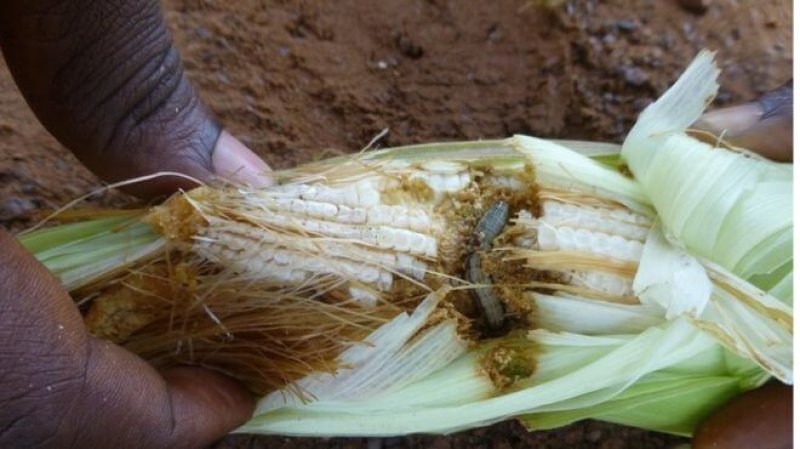Nigeria remains Africa’s largest [corn] producer, growing nearly 8 million tons annually. It is closely followed by South Africa, Tanzania, Kenya and Uganda. It was therefore a nightmare when Nigeria, like the rest of Africa, woke up to the fall armyworm (FAW) infestation that is rapidly spreading across the region. The five zones affected by the infestation include the southeast, south, southwest, northeast and northwest.
[Chief Audu Ogbeh, Minister of Agriculture and Rural Development] said the federal government required N2.98 billion to curb the armyworm infestation in farmlands across the country, adding the United Nations Food and Agriculture Organization (FAO) had pledged to support the country in its fight against the armyworm.
However, scientists are calling on farmers to embrace biotechnology by using genetically engineered (GE) crops, which have been proven safe for humans and the environment, to permanently tackle such occurrences.
…
[Dr. Rose Gidado, the country coordinator of the Open Forum on Agricultural Biotechnology (OFAB)] said adopting genetic modification technology to develop maize varieties resistant to pests offered a lasting solution for army worm infestation, adding that GE plants are selectively bred and enhanced with genes to withstand common problems that confront farmers.
The GLP aggregated and excerpted this article to reflect the diversity of news, opinion and analysis. Read full, original post: Food shortages loom as Nigeria battles fall armyworm infestation































